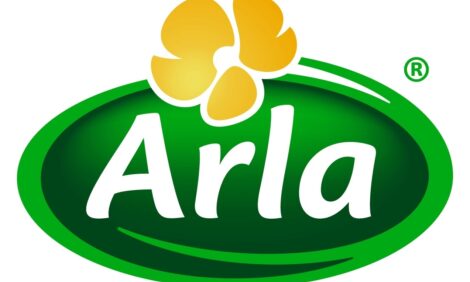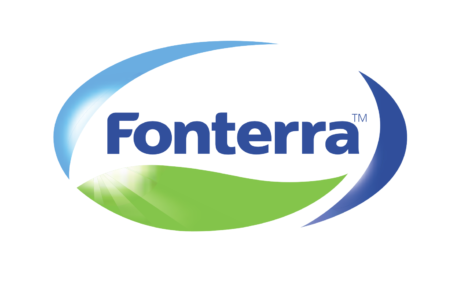



Brazil soy lobby tells growers to reject EU anti-deforestation rule in contracts
Their stance highlights growing resistance to foreign measuresA powerful Brazilian soy grower lobby is recommending farmers reject the inclusion in soy purchase and sale contracts of the obligation to comply with the European Union anti-deforestation law, Reuters reported, citing a statement on Friday.
Europe's landmark legislation will ban the import of beef, soy and other goods linked to the destruction of forests after December 2020.
Global traders tried to impose such a rule in contracts with farmers based in Goias state, an Aprosoja Brasil spokesperson said, adding the group then decided to advise farmers nationwide not to comply.
The group's stance highlights growing resistance in Brazil to measures imposed by foreign nations aimed at halting deforestation to counter the global climate crisis, which it says affront the country's sovereignty.
Brazil's so-called soy moratorium pact, whereby trading companies voluntarily committed not to buy soy grown in deforested areas in the Amazon after 2008, has also been under threat.
Soy processor lobby Abiove said seeking soy farmers compliant with the new anti-deforestation regulation is part of the preparation to continue supplying clients in the EU.
However, Abiove warned that "uncertainties regarding how the EU will apply the new rules remain very high and they need to be resolved otherwise they will have an impact on current trade."
The farmer group said the "only scenario" in which a farmer should choose to comply with the EU anti-deforestation law would be if the market offered "a premium" on the price of soy produced in the area not deforested after 2020.
Last December, application of the new EU legislation was postponed by a year after industry lobbies requested more time to adapt.
The EU is the main destination for Brazil's soymeal, with the bloc purchasing almost half of the country's exports. China is Brazil's main soybean buyer while Spain is a large EU importer of the raw beans.
Clearing land for agriculture is legal under Brazil's forestry code. Brazilian law states that farmers must preserve between 20% and 80% of legal reserves, depending on the biome where they are planting.
For Aprosoja Brasil, Brazilian environmental legislation applied to rural properties is among the most restrictive in the world.



